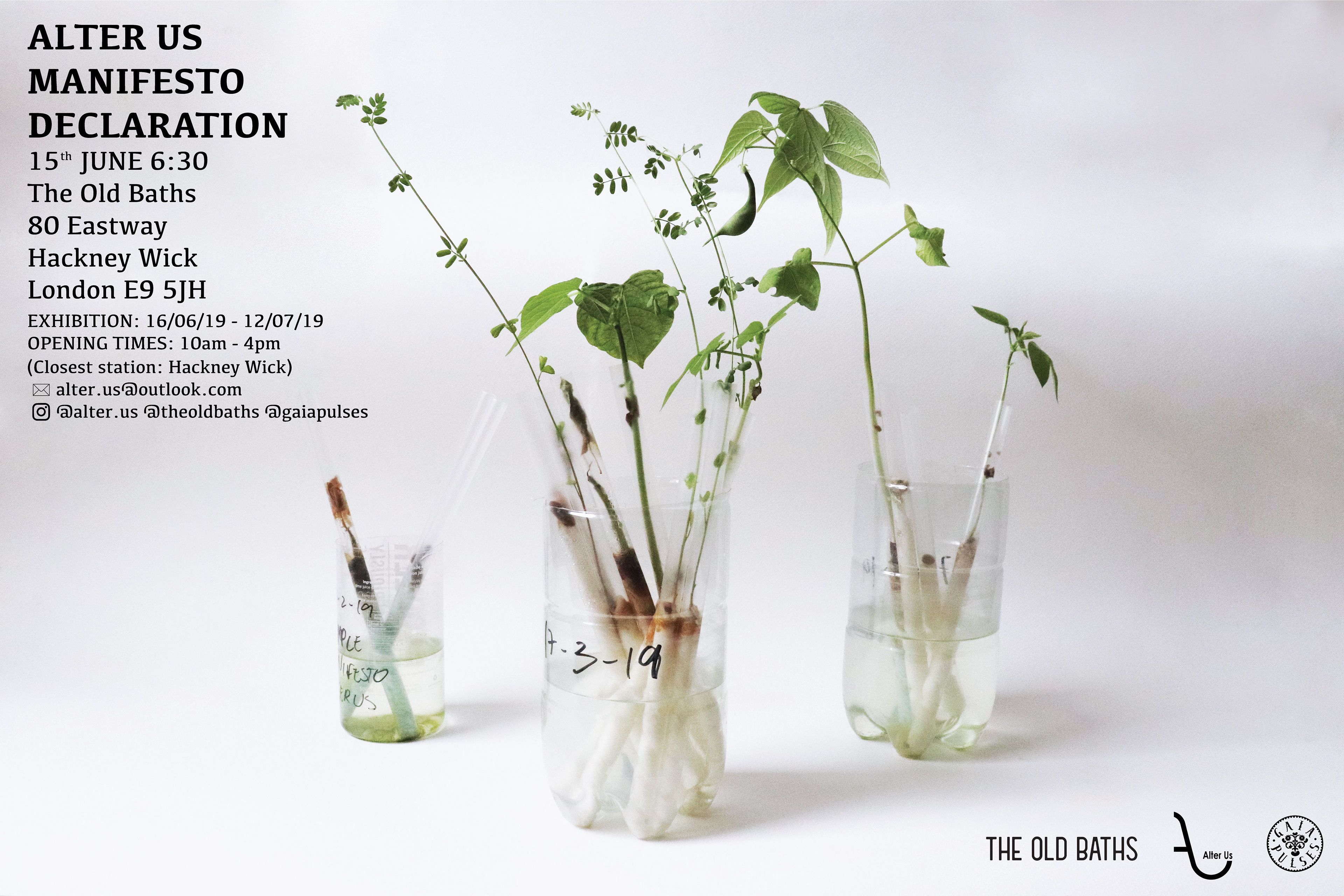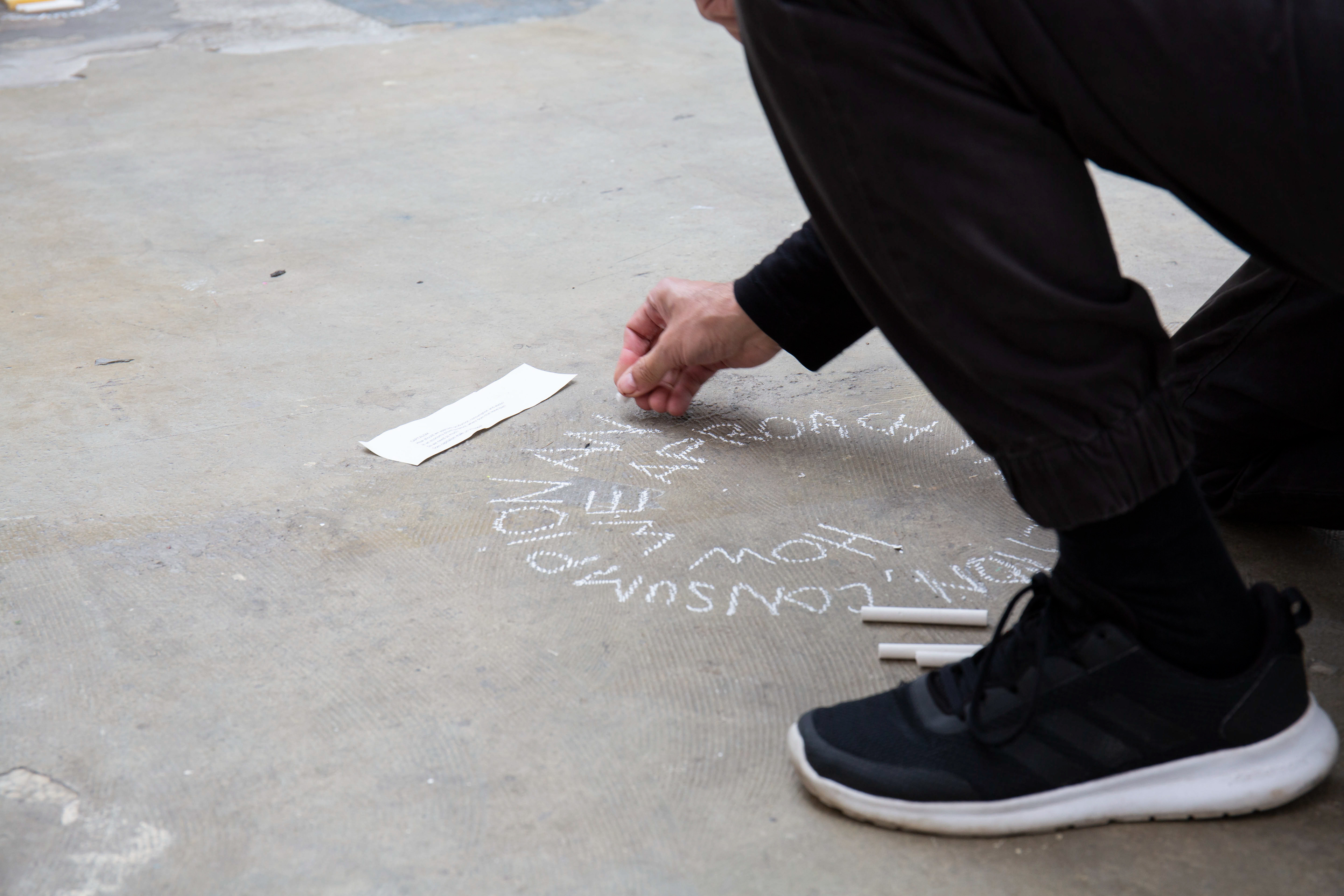
Copyright © Tere Chadwick / Susanna Brunetti / Nathalie Mei 2019
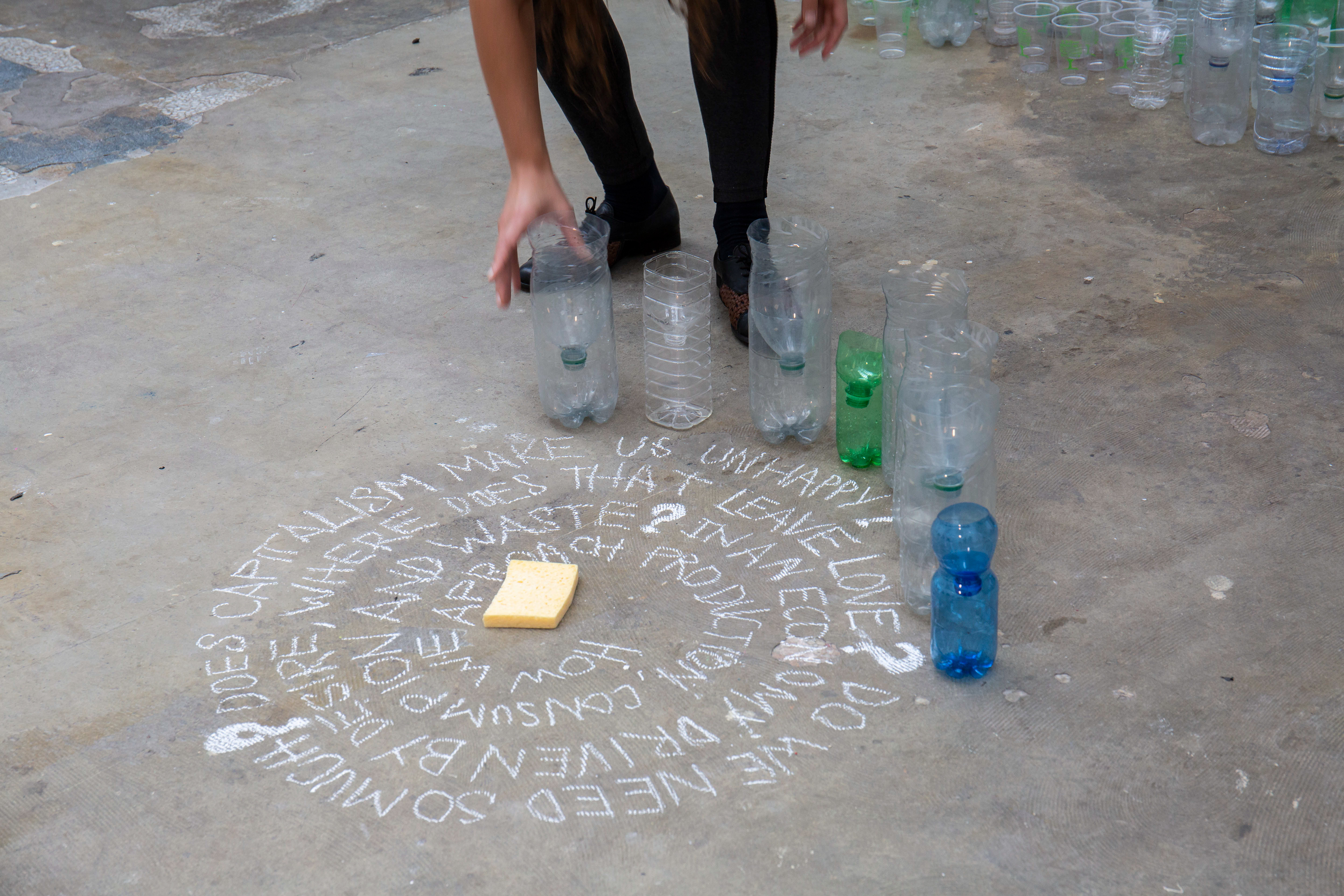
Copyright © Tere Chadwick / Susanna Brunetti / Nathalie Mei 2019

Copyright © Tere Chadwick / Susanna Brunetti / Nathalie Mei 2019
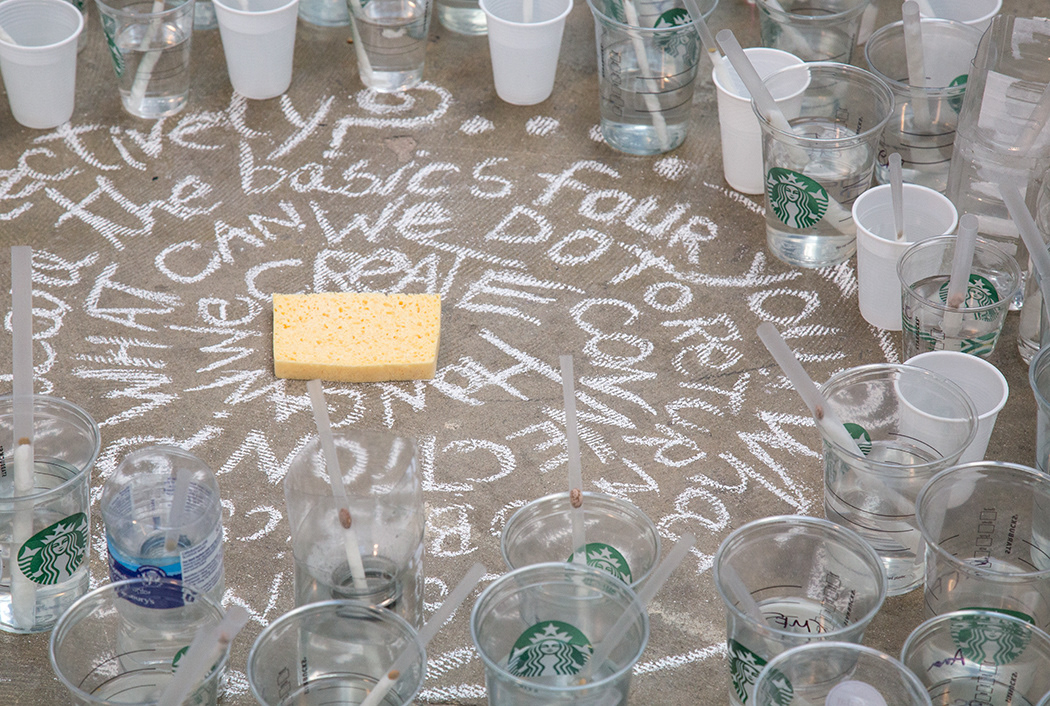
Copyright © Tere Chadwick / Susanna Brunetti / Nathalie Mei 2019
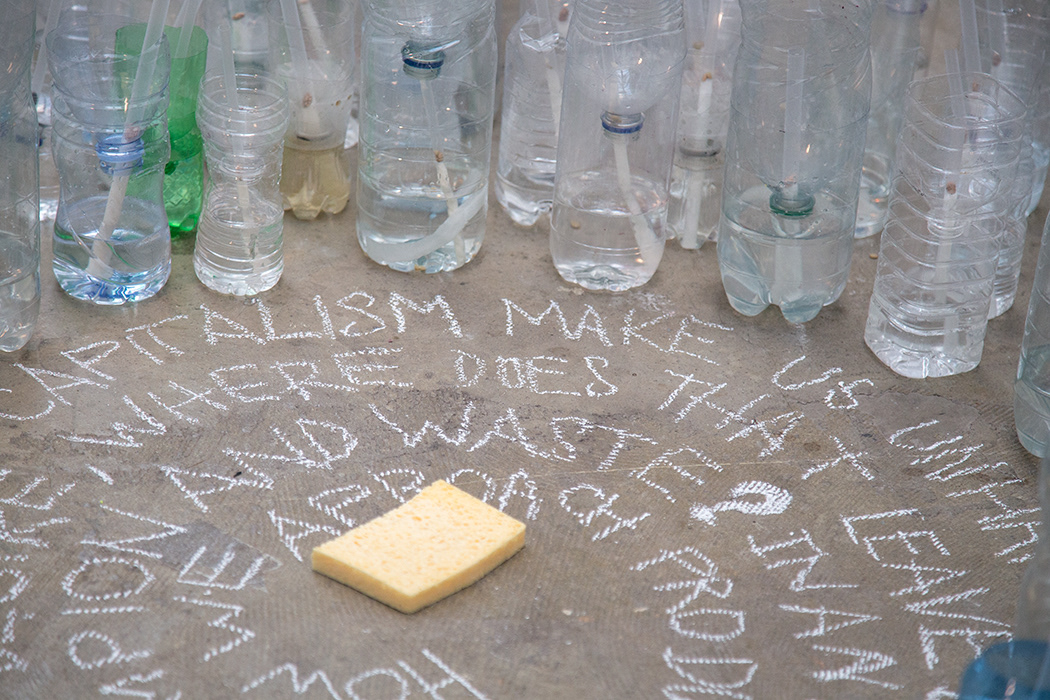
Copyright © Tere Chadwick / Susanna Brunetti / Nathalie Mei 2019
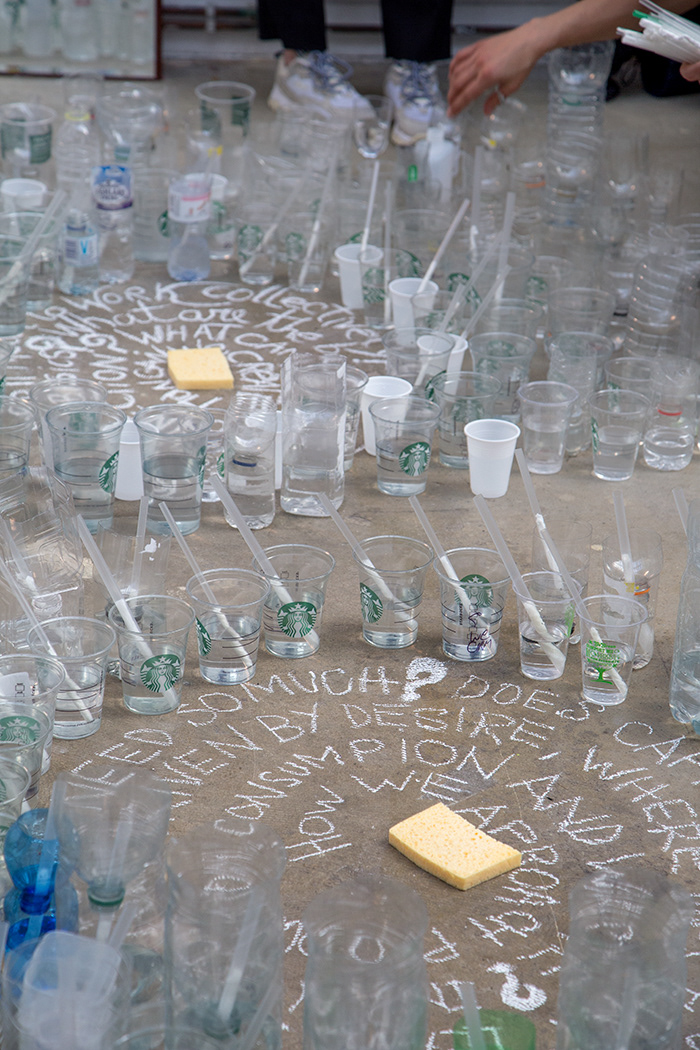
Copyright © Tere Chadwick / Susanna Brunetti / Nathalie Mei 2019
Copyright © Tere Chadwick / Susanna Brunetti / Nathalie Mei 2019
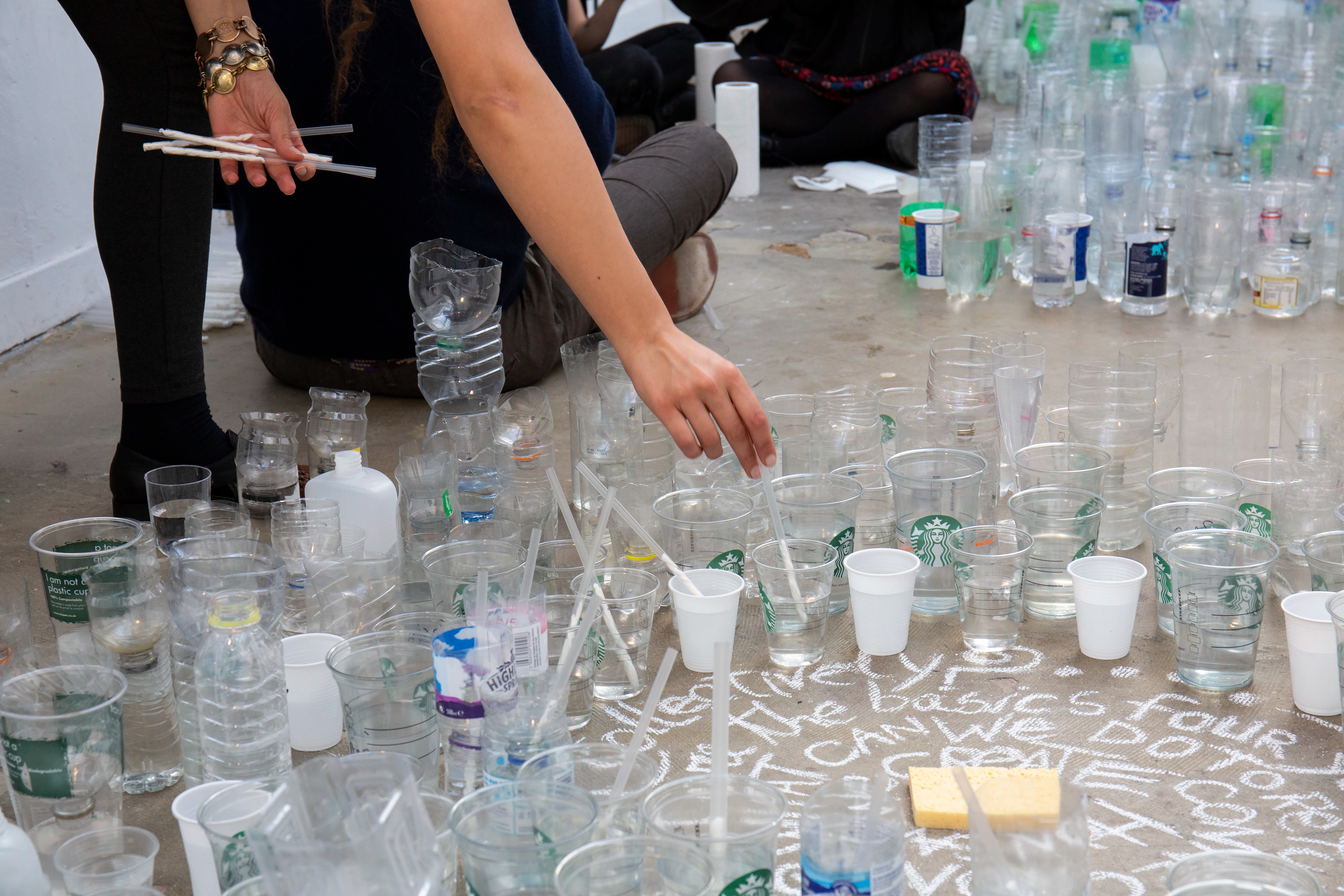
Copyright © Tere Chadwick / Susanna Brunetti / Nathalie Mei 2019
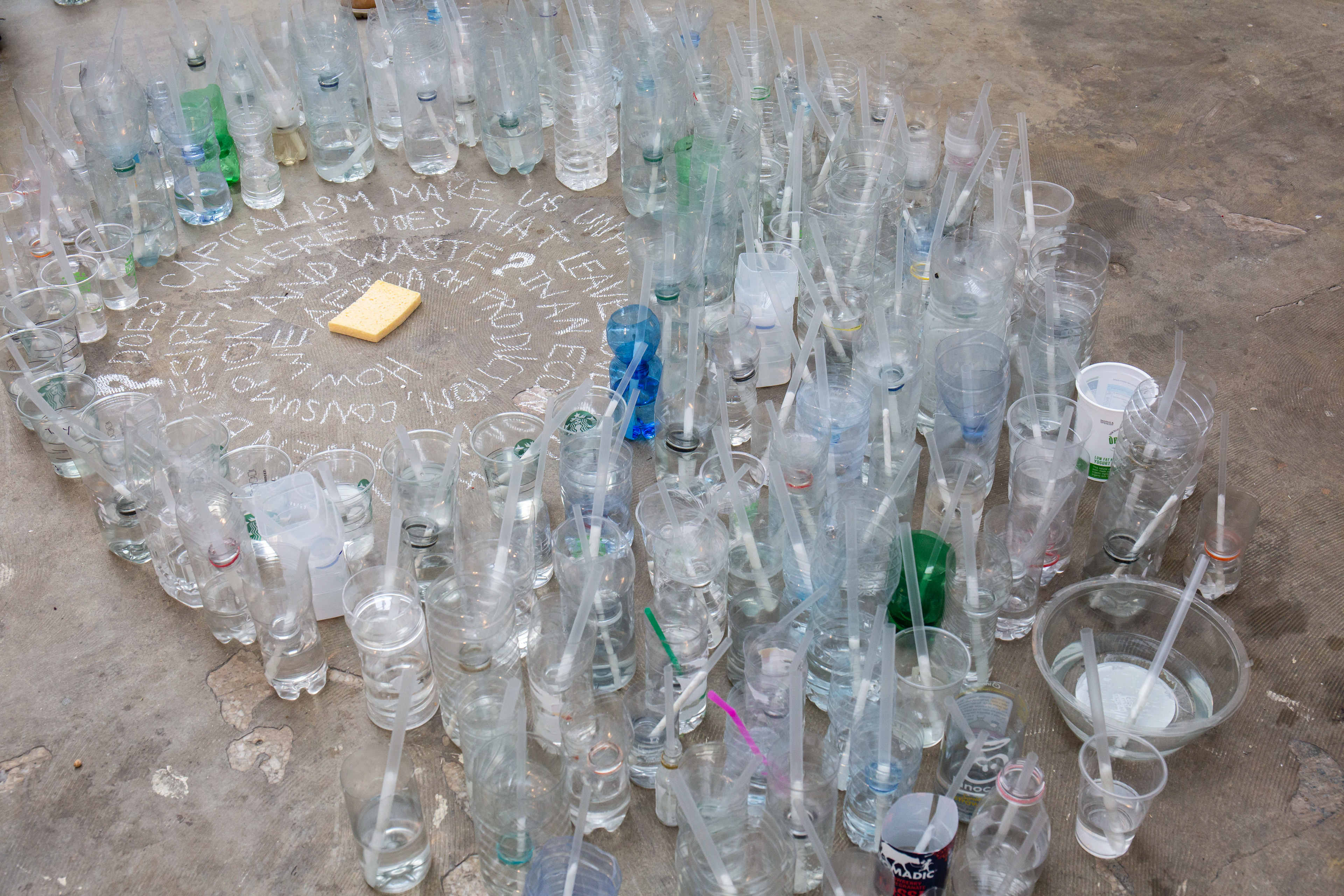
Copyright © Tere Chadwick / Susanna Brunetti / Nathalie Mei 2019
Copyright © Tere Chadwick / Susanna Brunetti / Nathalie Mei 2019
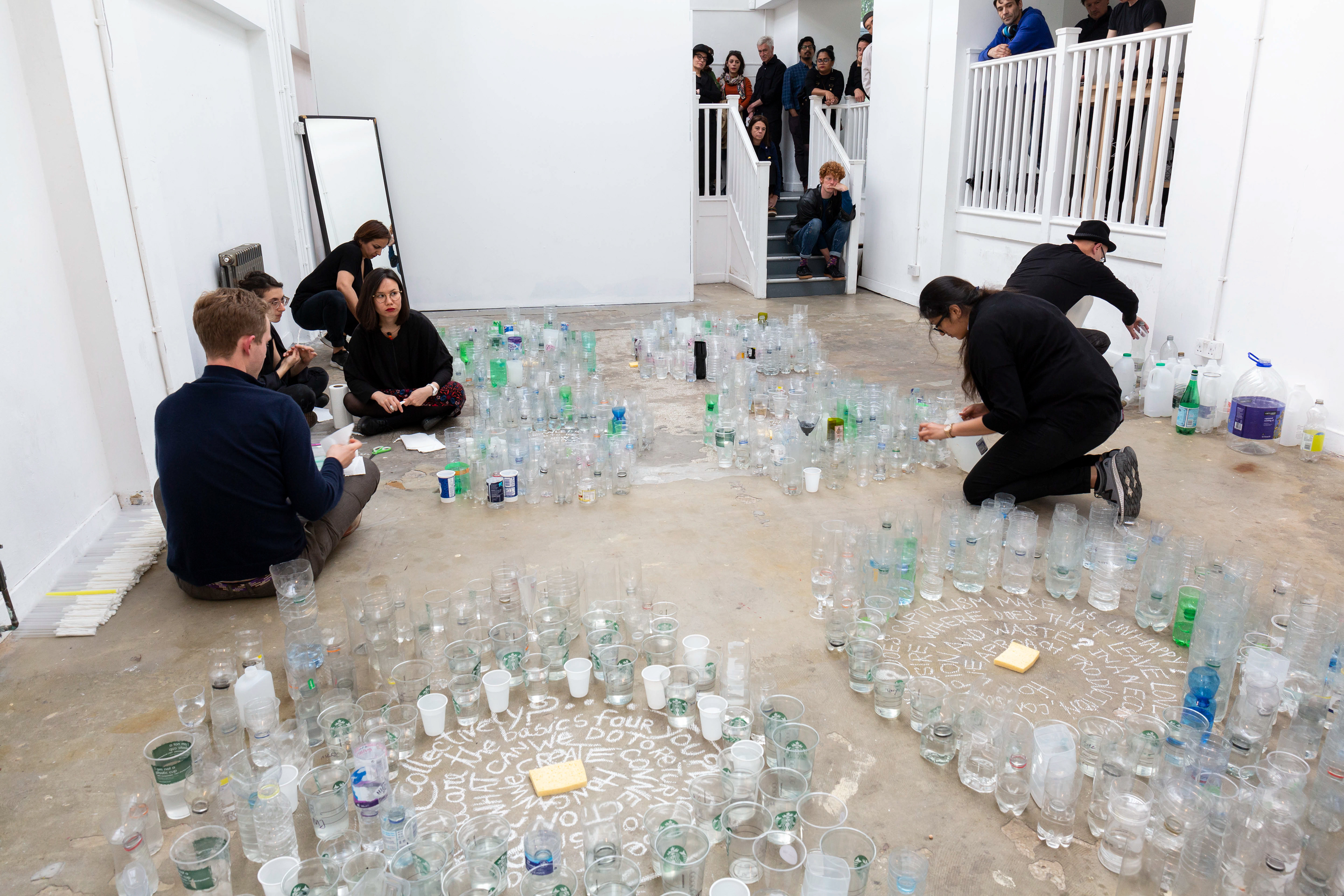
Copyright © Tere Chadwick / Susanna Brunetti / Nathalie Mei 2019
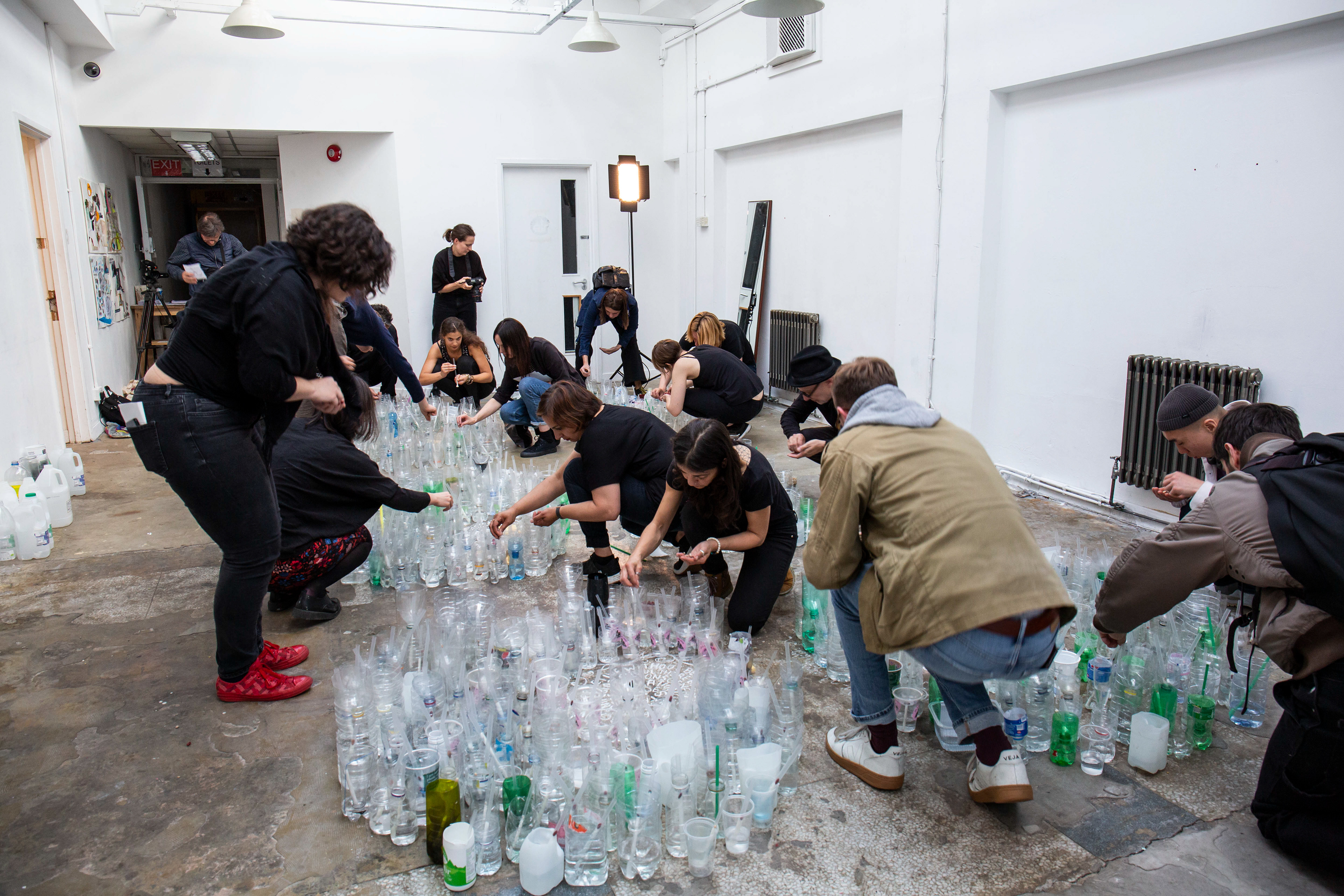
Copyright © Tere Chadwick / Susanna Brunetti / Nathalie Mei 2019
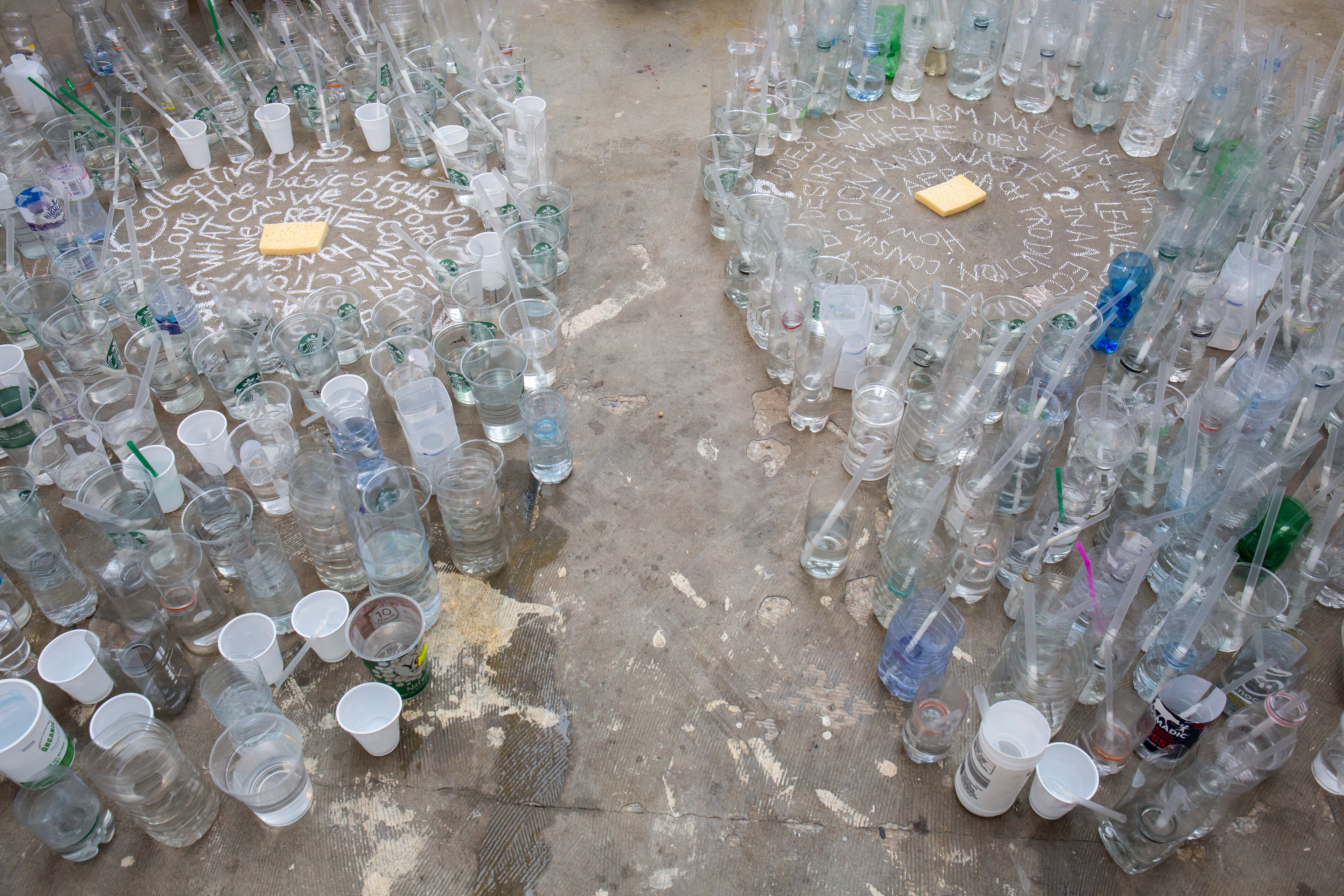
Copyright © Tere Chadwick / Susanna Brunetti / Nathalie Mei 2019
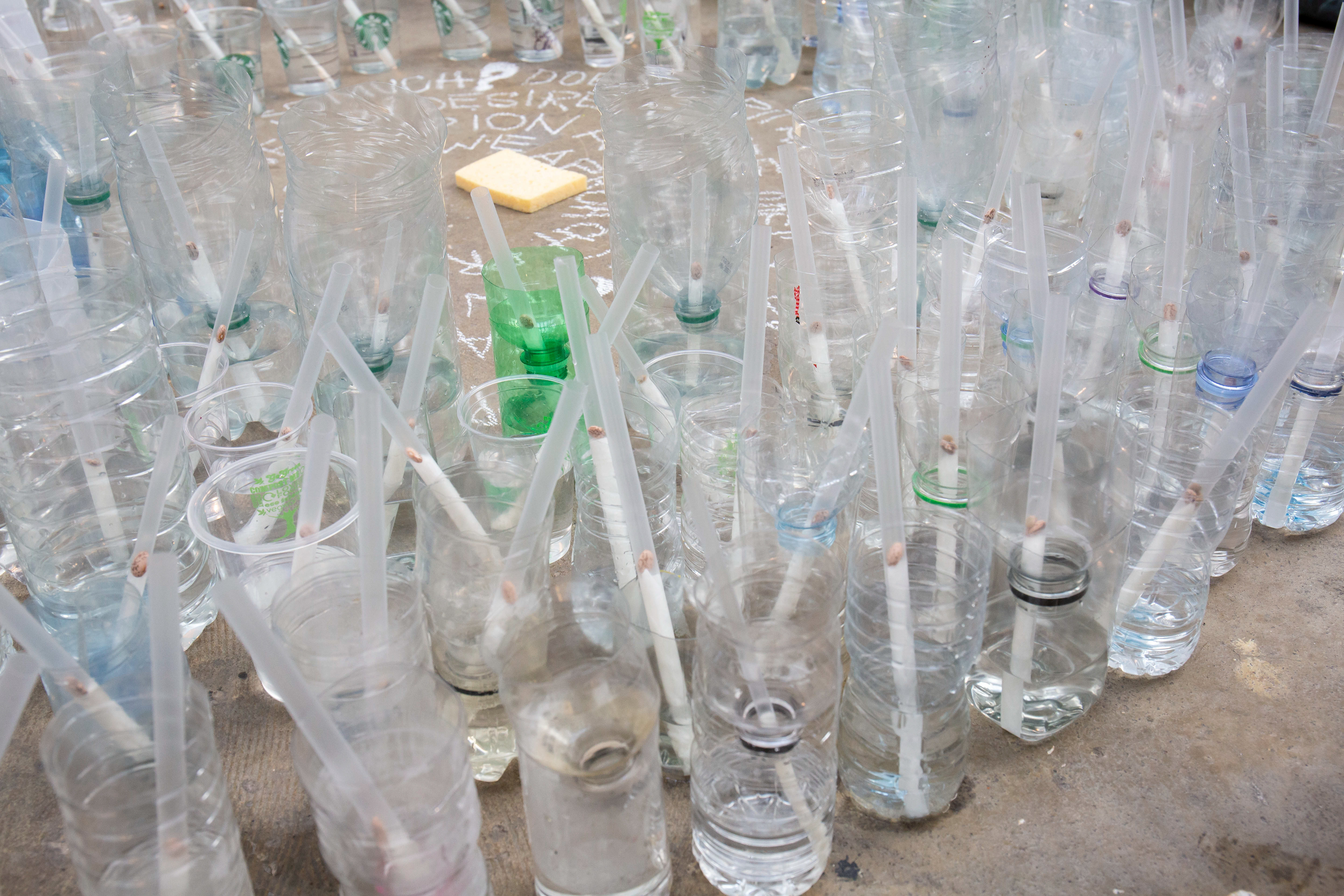
Copyright © Tere Chadwick / Susanna Brunetti / Nathalie Mei 2019
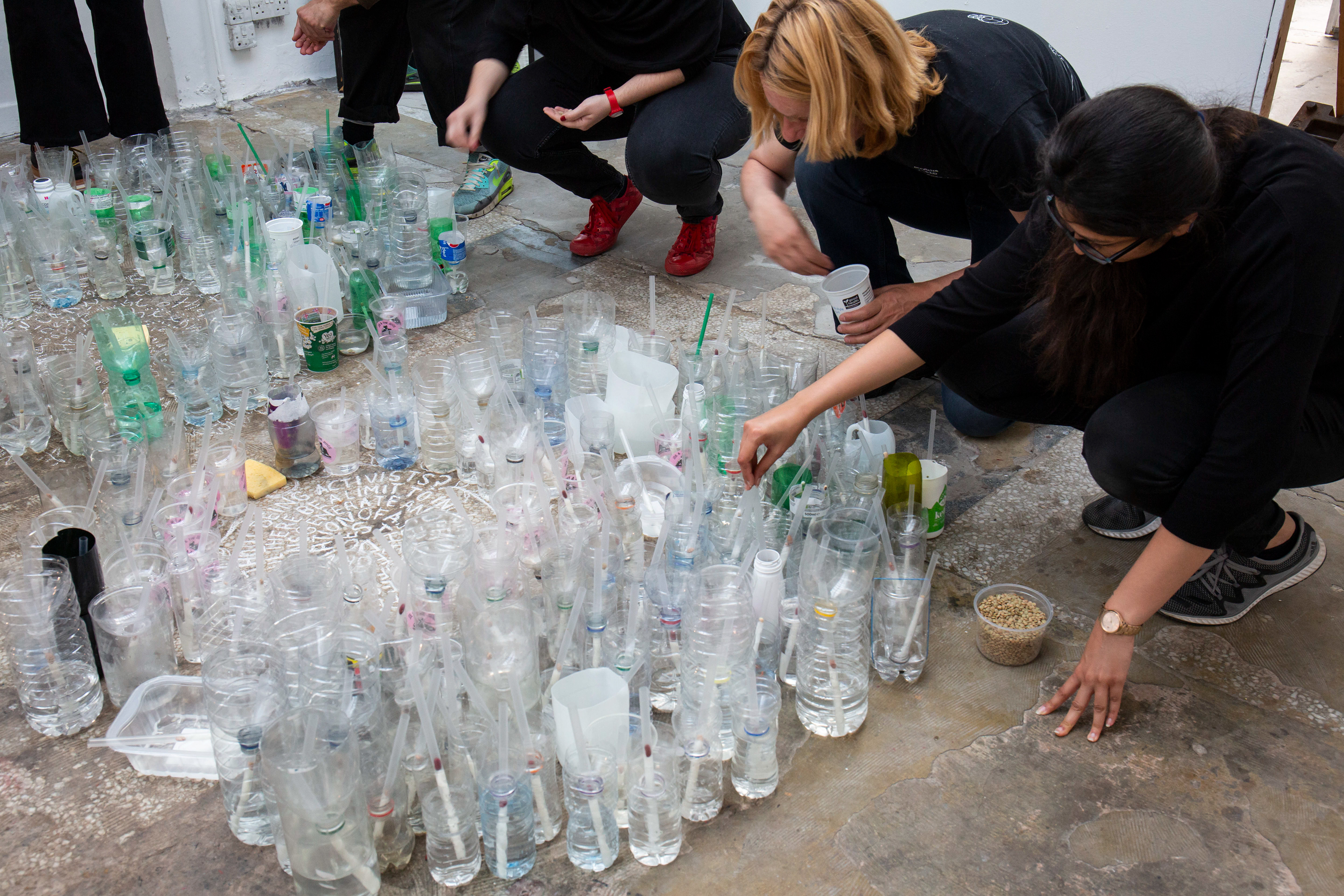
Copyright © Tere Chadwick / Susanna Brunetti / Nathalie Mei 2019
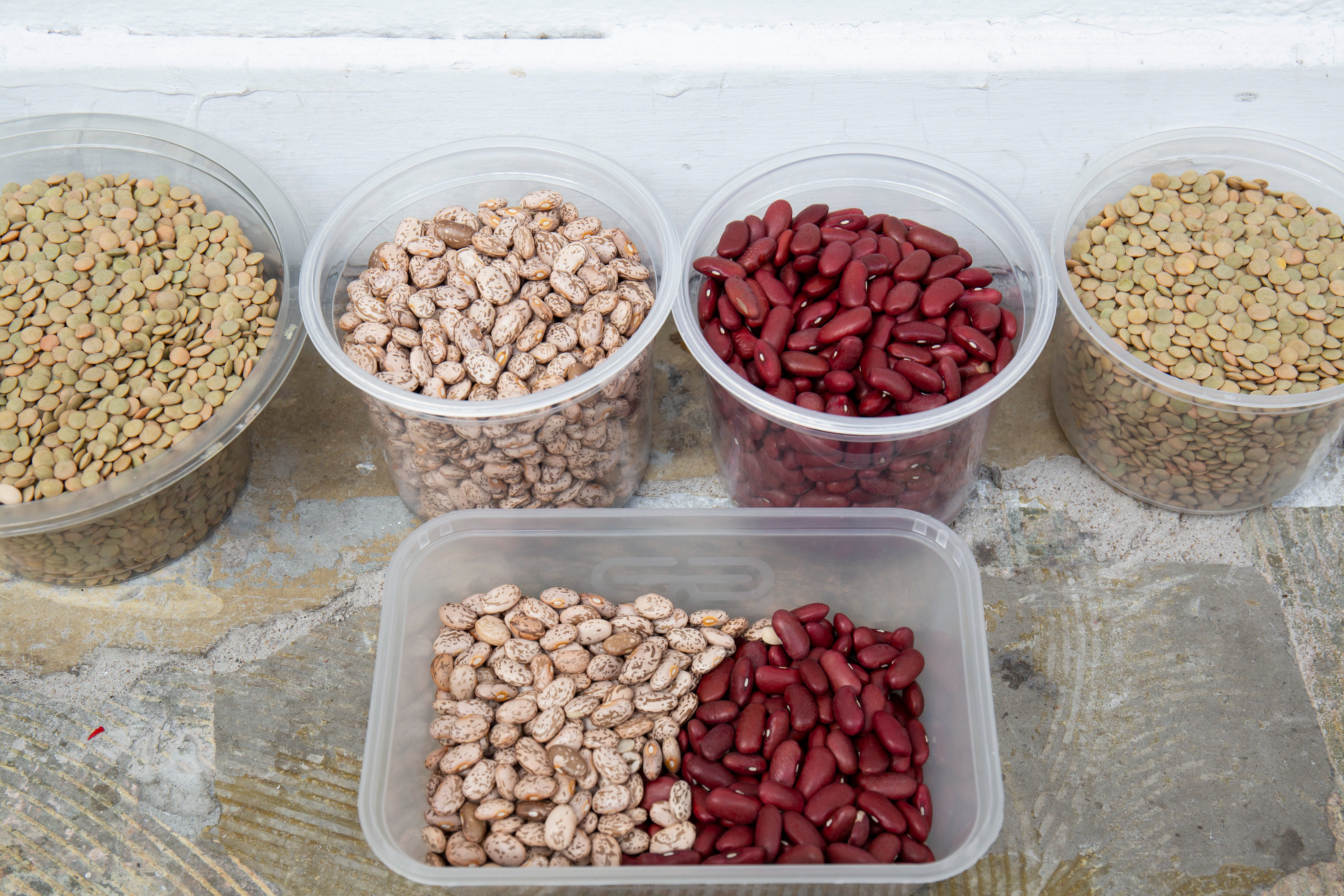
Copyright © Tere Chadwick / Susanna Brunetti / Nathalie Mei 2019
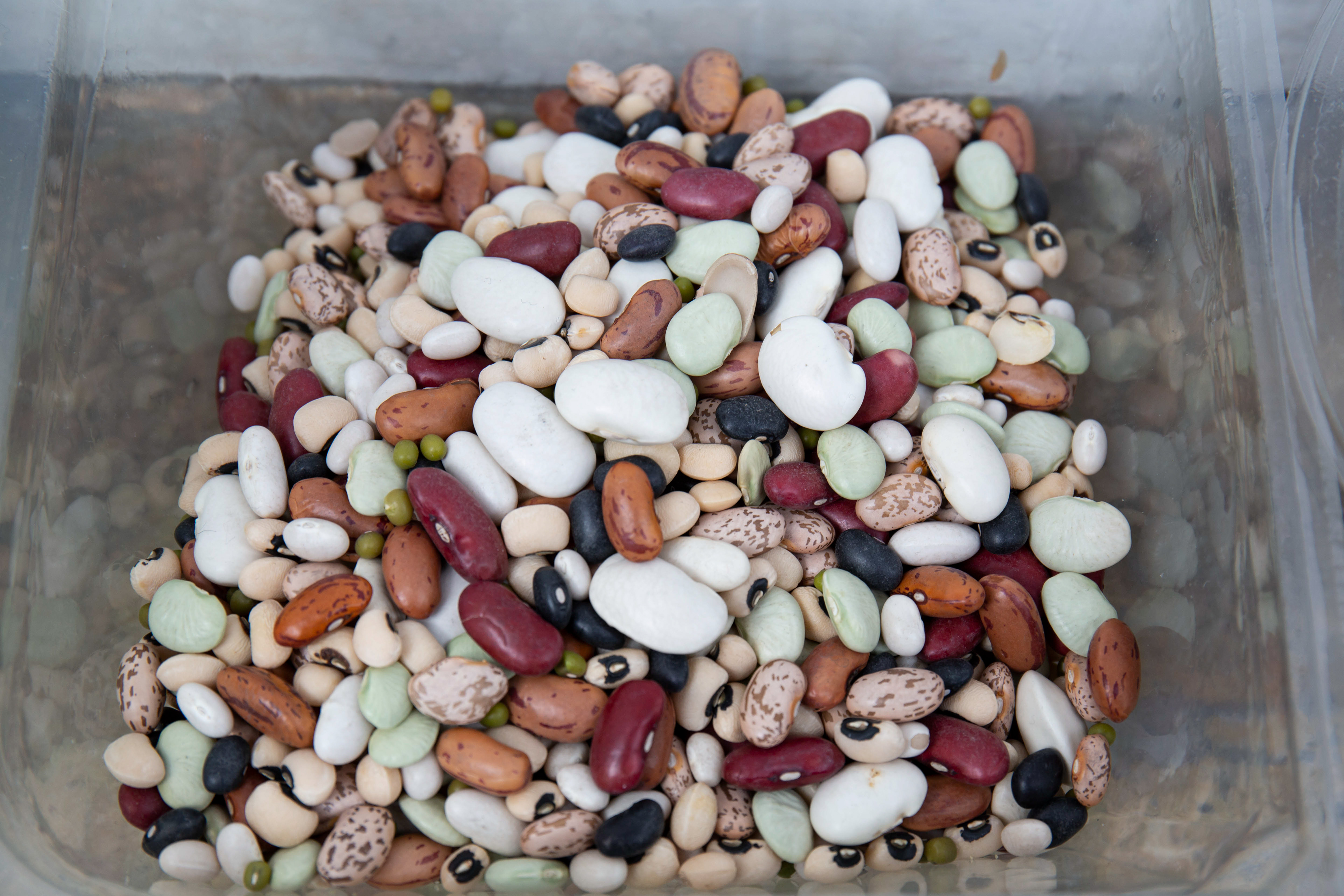
Copyright © Tere Chadwick / Susanna Brunetti / Nathalie Mei 2019
Copyright © Tere Chadwick / Susanna Brunetti / Nathalie Mei 2019
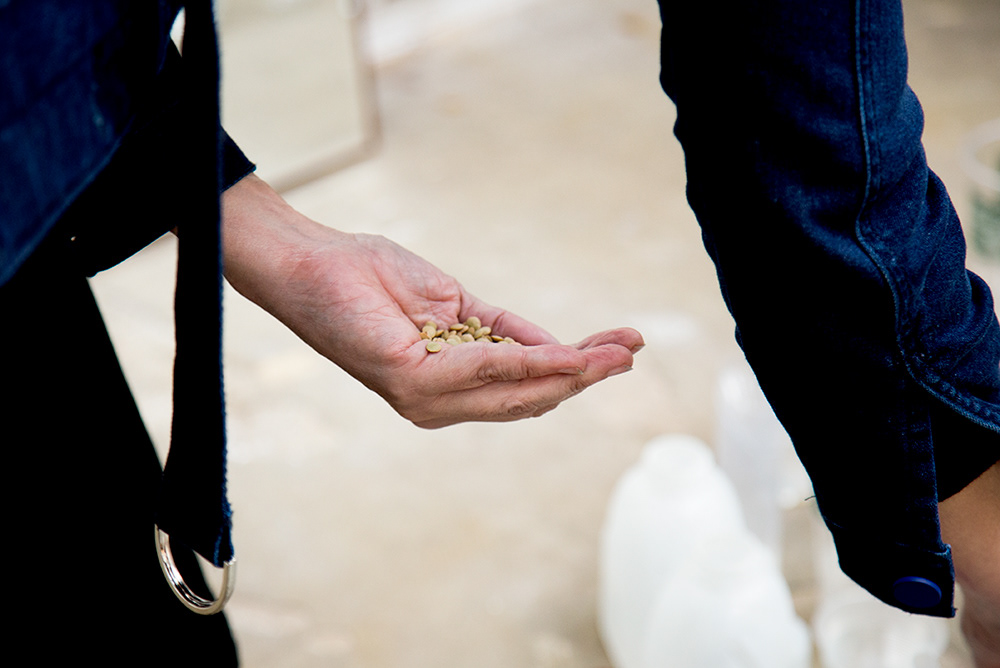
Copyright © Tere Chadwick / Susanna Brunetti / Nathalie Mei 2019
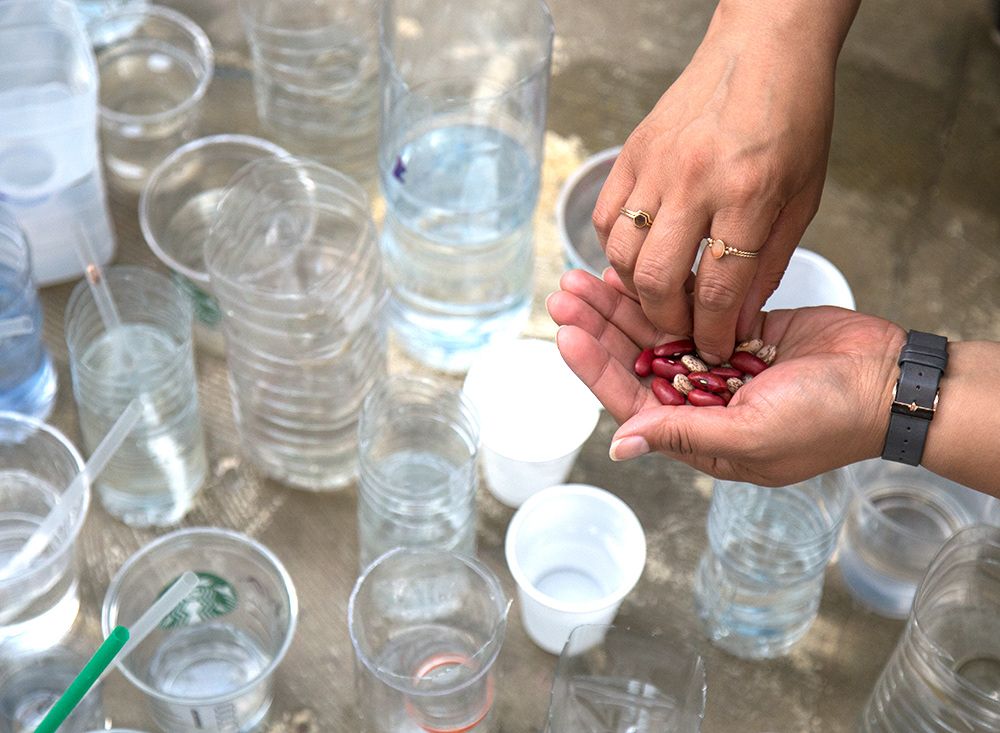
Copyright © Tere Chadwick / Susanna Brunetti / Nathalie Mei 2019
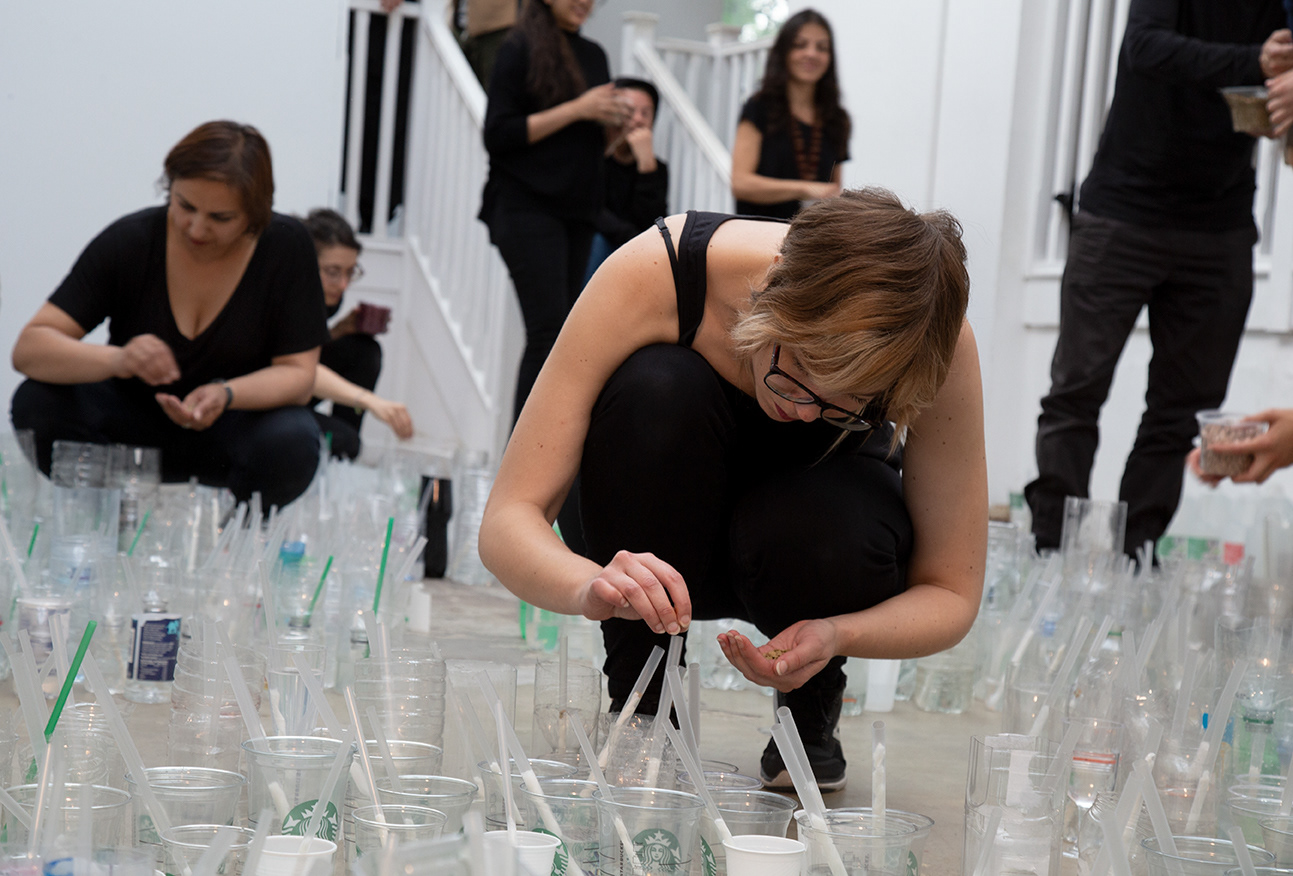
Copyright © Tere Chadwick / Susanna Brunetti / Nathalie Mei 2019
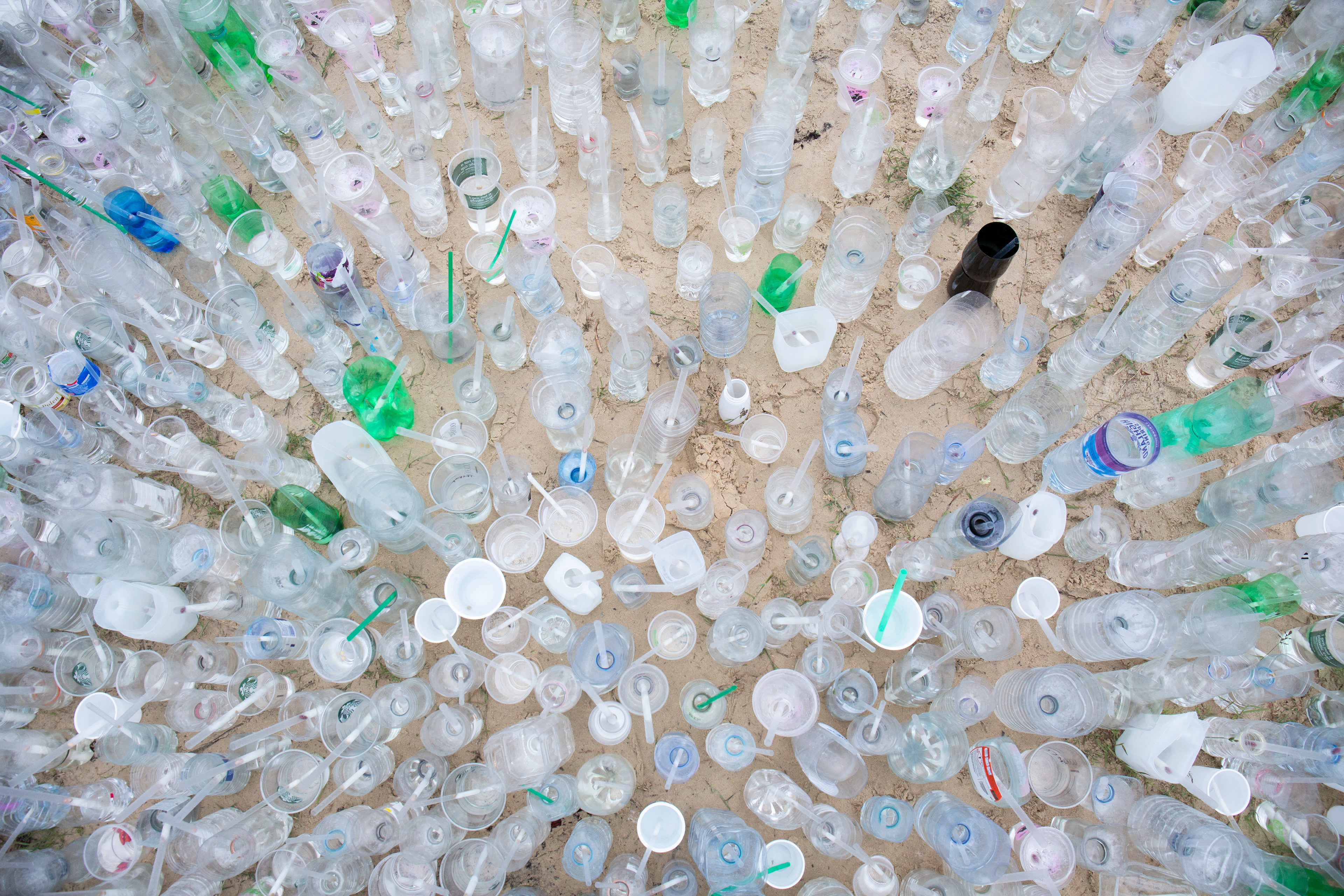
Copyright © Tere Chadwick / Susanna Brunetti / Nathalie Mei 2019
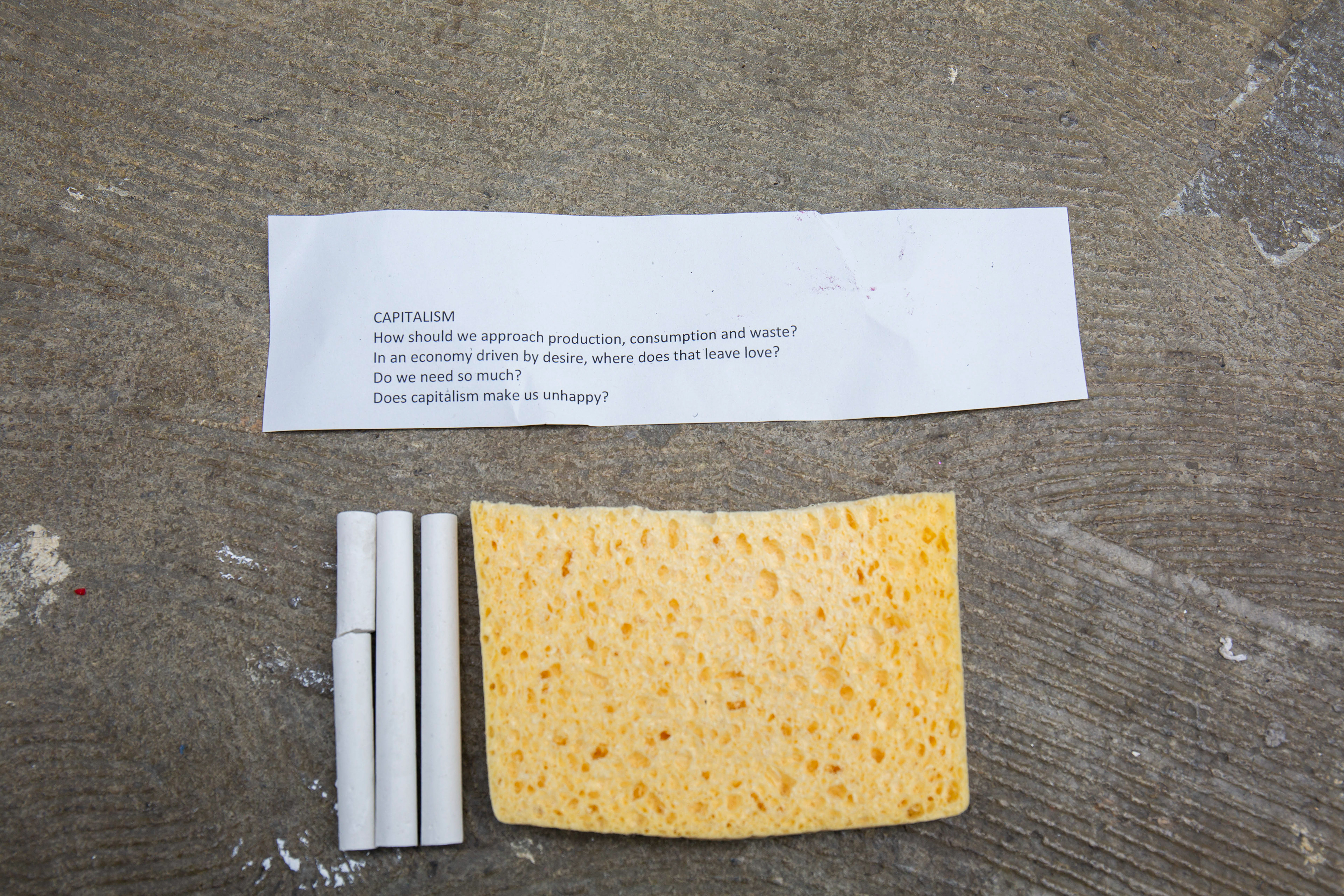
Copyright © Tere Chadwick / Susanna Brunetti / Nathalie Mei 2019
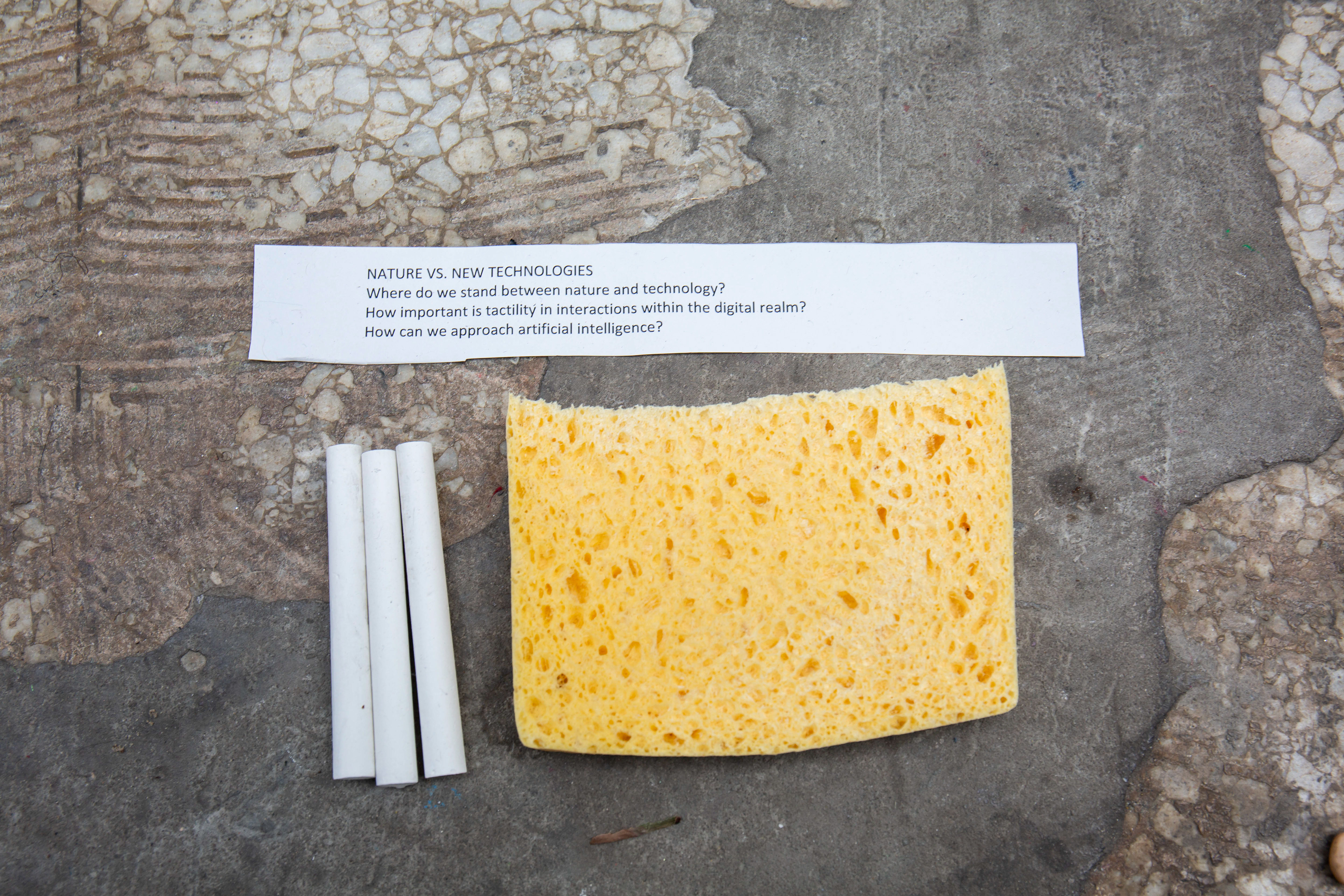
Copyright © Tere Chadwick / Susanna Brunetti / Nathalie Mei 2019
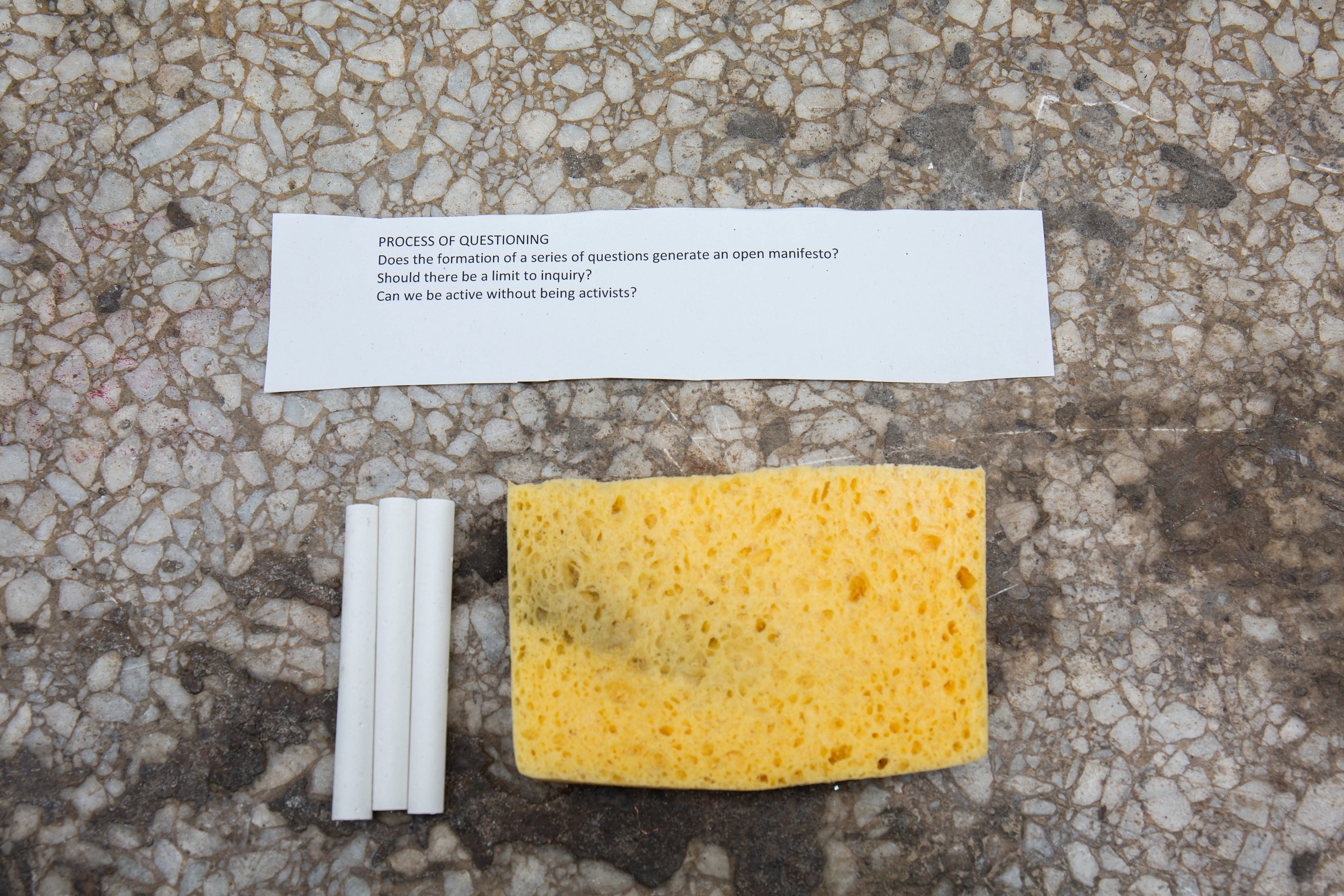
Copyright © Tere Chadwick / Susanna Brunetti / Nathalie Mei 2019
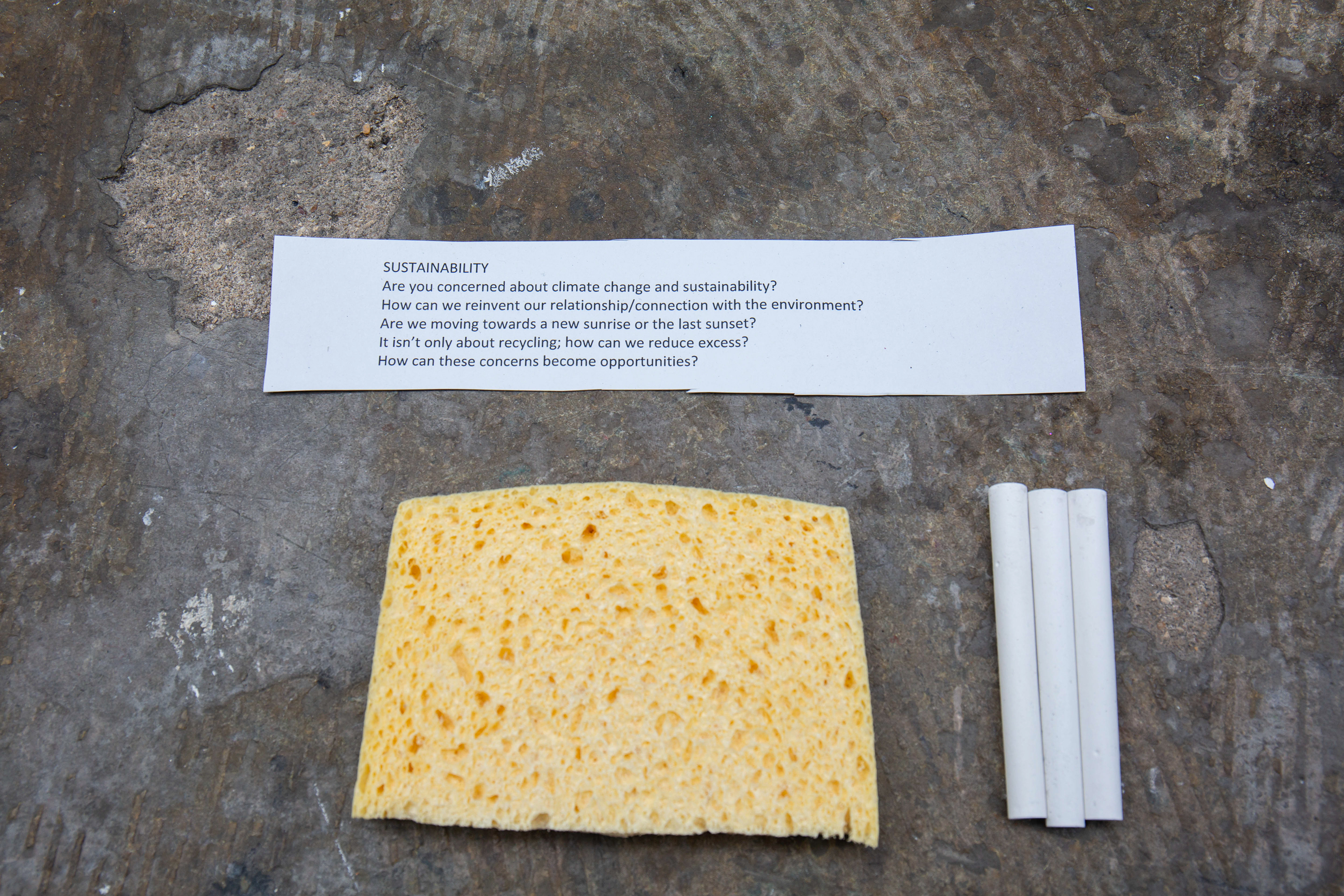
Copyright © Tere Chadwick / Susanna Brunetti / Nathalie Mei 2019

Copyright © Tere Chadwick / Susanna Brunetti / Nathalie Mei 2019
Copyright © Tere Chadwick / Susanna Brunetti / Nathalie Mei 2019
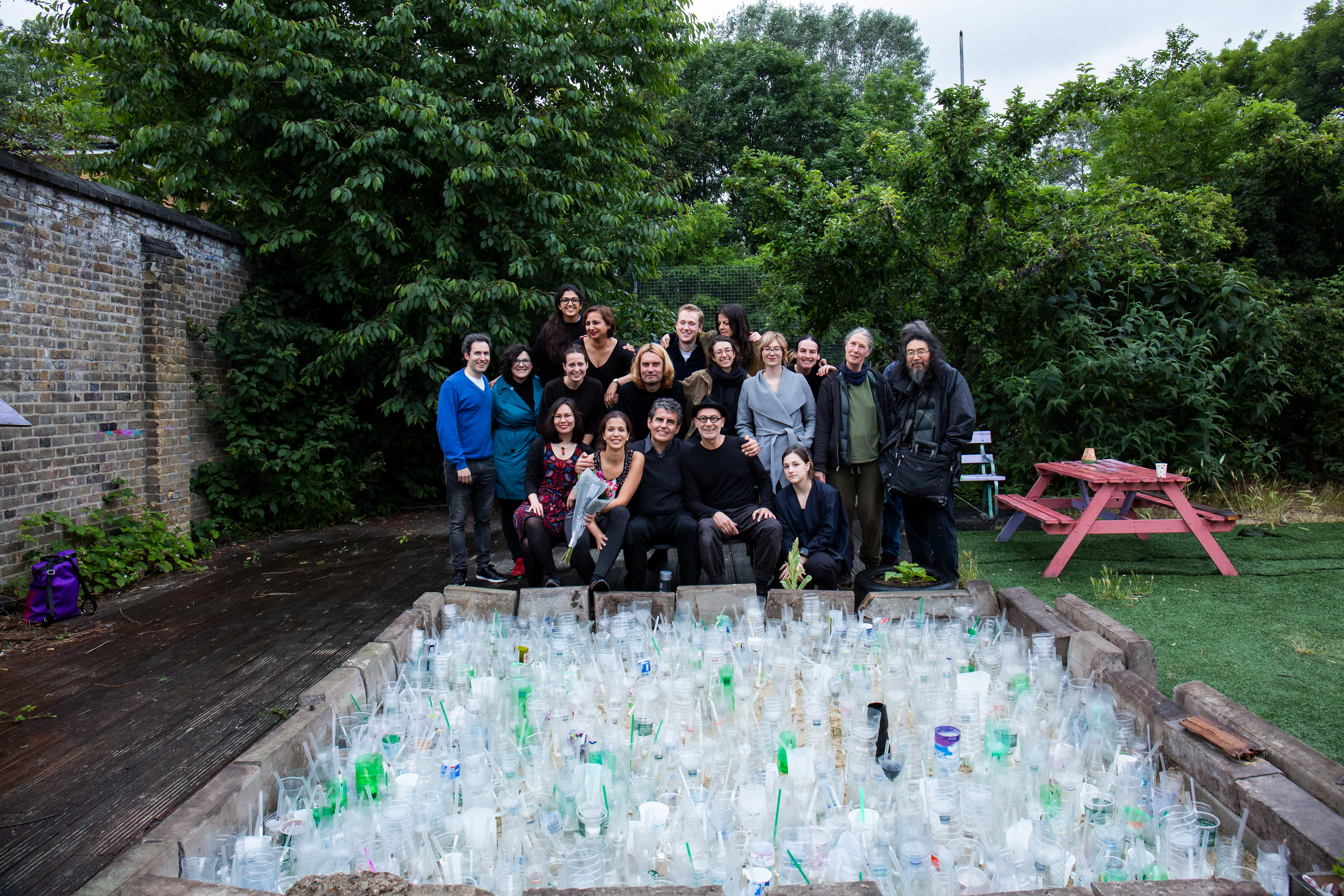
Copyright © Tere Chadwick / Susanna Brunetti / Nathalie Mei 2019
